If you haven’t had the opportunity to read fellow IOA Member Mark Patterson’s article published via Medium.com, I encourage you to take the time to read through Difficult Conversations, Virtually Speaking when you can. The article provides strategies to help us prepare to have meaningful conversation within the virtual platforms we are now heavily experiencing. The article is not only helpful for our own practice, but is worth sharing with your constituents as they would benefit from the strategies as well.
One aspect I found meaningful speaks to the importance of check-ins at the beginning of each meeting. Our work/family domain boundaries are blurred and having time to intentionally shift from one domain to the next can help develop presence in the meeting for all. What strategies do you find helpful in this article? What other articles would you like to share as we navigate this surreal world we are experiencing?

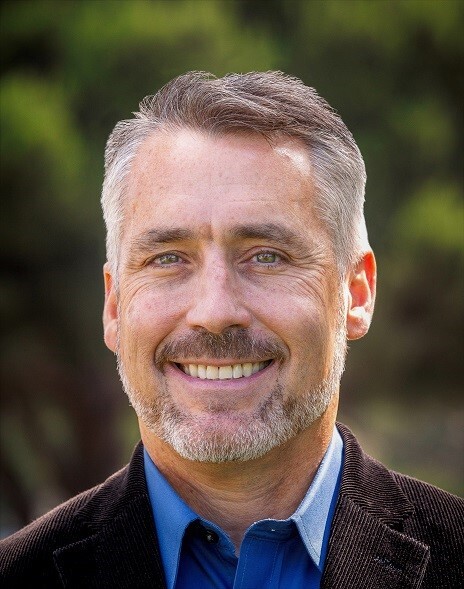
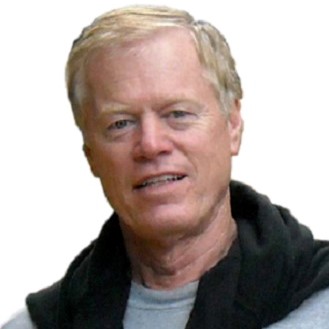
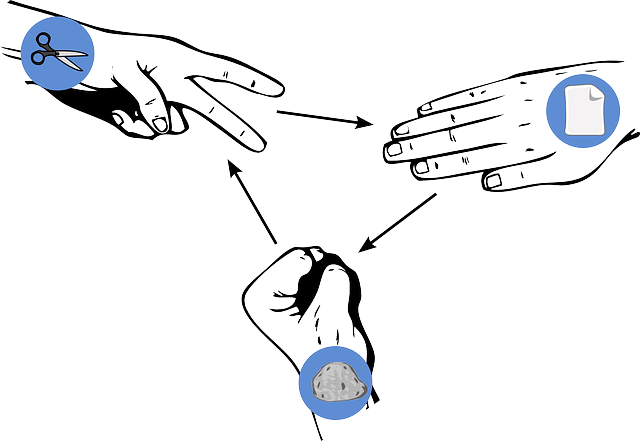 By Reese Ramos, University Ombuds at Virginia Tech, IOA Board Member
By Reese Ramos, University Ombuds at Virginia Tech, IOA Board Member

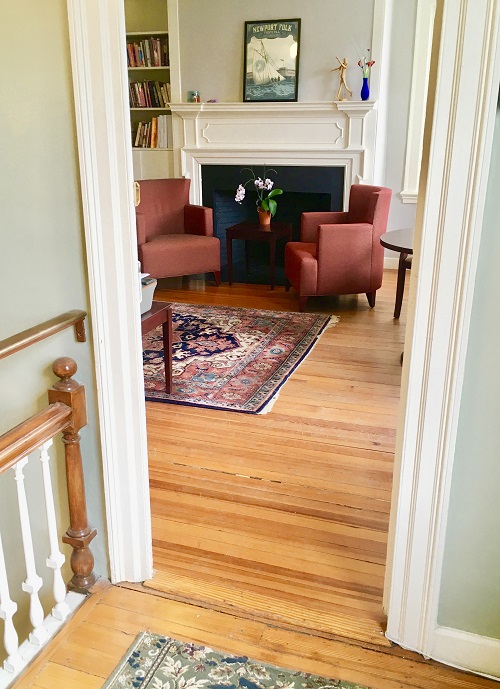

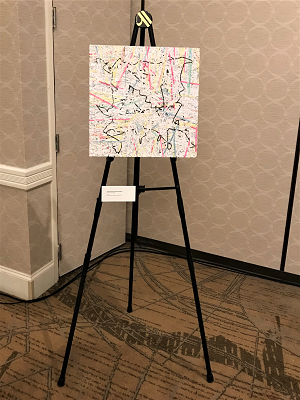
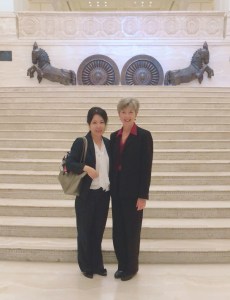
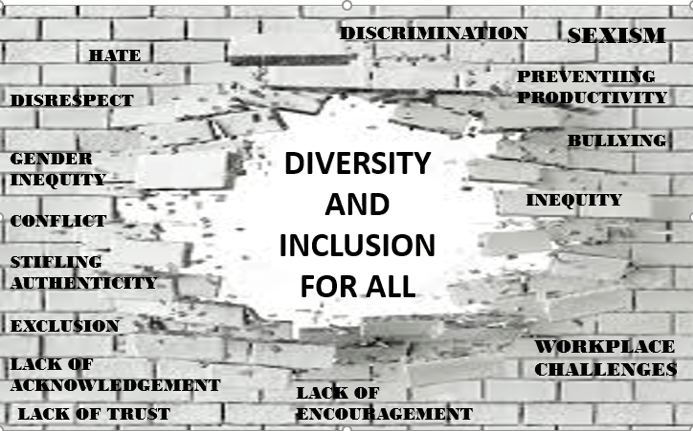 By Sana Ansari Manjeshwar
By Sana Ansari Manjeshwar I identify myself as an Asian, British, American female, raised in Nigeria, England and India, living in Texas and practicing spirituality inclusive of all religions. I used to think that my background represented the image of diversity and inclusion. I was wrong.
I identify myself as an Asian, British, American female, raised in Nigeria, England and India, living in Texas and practicing spirituality inclusive of all religions. I used to think that my background represented the image of diversity and inclusion. I was wrong.